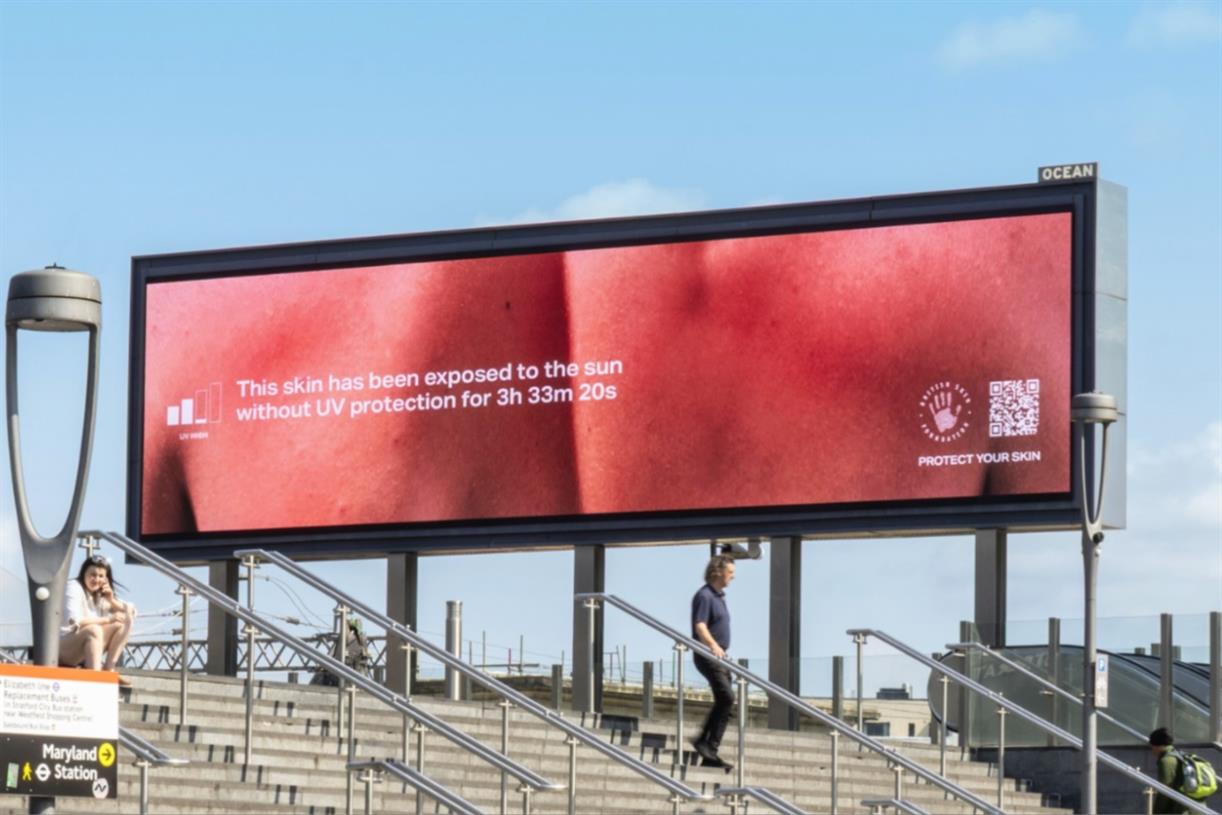How to Ask Someone to Be Your Mentor
There is no shortage of advice and research that points to the benefits of having mentors. They are advisors who can offer support to you throughout your career. In doing so, they may improve your job experience, introduce new...

There is no shortage of advice and research that points to the benefits of having mentors. They are advisors who can offer support to you throughout your career. In doing so, they may improve your job experience, introduce new people to your network, or help you build new skills. Also, mentors are people who have more experience so they can help you handle tricky workplace situations.
Years ago, a mentor helped me overcome an embarrassing mistake at work. I was inclined to keep apologizing for it and bringing it up in meetings, as though I needed everyone to really know how regretful I was. I mentioned this to my mentor at the time who flat out told me to stop. She said, “You have apologized and owned your mistake. Take what you have learned and stop talking about it.” She taught me the importance of not belaboring my screw-ups. Instead, learn from them and move on.
There’s no question, a mentor can be a huge asset to your career. Yet, unless your organization has a program that matches mentors and mentees, how do you go about getting a mentor? Or maybe you already know someone, but how do you ask that person to mentor you?
Identify what you want to learn and from whom
Before talking to anyone about mentoring, take a step back and identify what it is you want to learn. Are you looking to improve specific skills like public speaking or giving feedback? Do you want to learn strategies for reducing stress or managing a challenging workload? Or maybe you want an experienced thought partner to help you successfully navigate office politics, difficult personalities, or a bad boss?
Whatever the case, jot down two or three things you want to focus on with a mentor. These are your objectives. Know these first.
Then, identify someone who has the experience to advise you on your objectives. Ideally, you’re already acquainted with each other. This makes asking for mentorship easier. If there isn’t anyone in your immediate circle, branch out and ask friends and colleagues for recommendations. See if they can facilitate introductions or an informational meeting. Try to briefly get to know the potential mentor first. Inquire about their experience and interests and use that time to decide if they’re the right fit for you. This part can take a little longer, and that’s OK. Being sure the mentor meets your needs is important to know on the front-end.
Be specific about expectations and timing
Once you have defined your objectives and met a potential mentor, it is time to make the ask. Potential mentors are more likely to agree to mentoring if they understand the expectations and timing, so be specific about that. Here’s a general format to follow when asking someone to mentor you:
Inquire about establishing the relationship and describe specifically what you seek to learn. Such as, “Would you be willing to work with me as a mentor? I would like to learn about your experience in … I would also appreciate your advice and guidance on…”
Set a short timeframe for the engagement. If it works out, you can always extend it. But if it doesn’t, a short timeline enables you to end the relationship seamlessly. Also, offer a cadence to the meetings. For example, “I would like to meet once a month for three months. Meetings will be no longer than 45 minutes each.”
Make it easy for the mentor. “There is no work for you. I will schedule the meetings and send you my questions in advance so that you can prepare.” Not everyone knows how to mentor, so the easier you make it, the better. You will also have better conversations if the mentor knows your questions in advance and can prepare.
Be intentional about ending or extending the engagement
Once you arrive at the end, be intentional about either closing out or continuing the mentoring. Never “ghost” a mentor by unexpectedly withdrawing all communication. Instead, show gratitude for the advice they gave and briefly recap for them what you learned. Then, extend it or end it. You might say, “This has been very helpful to me. Would you be willing to extend to another three months at one meeting per month? Here is what I’d like to discuss…” Or, to end it, be direct and brief, “This has been very helpful to me. Thank you for this time together.” Creating closure is helpful for both you and the mentor.
This is a formal approach to establishing a mentoring engagement. Not all mentoring requires this kind of process. Certainly, some mentoring relationships can be more informal. The benefit to this approach, though, is that it defines roles, expectations, and timing from the start. It also shows that you are organized and deliberate about your career development.
There is no doubt that mentoring can be beneficial to your career. The best part is that regardless of the level of formality in the engagement, many mentoring relationships turn into lifelong friendships.

 Tfoso
Tfoso 
































